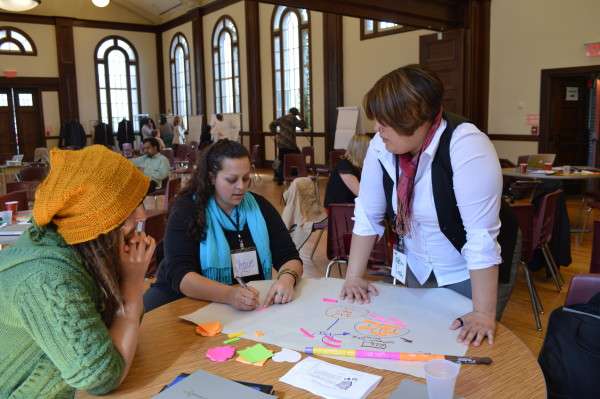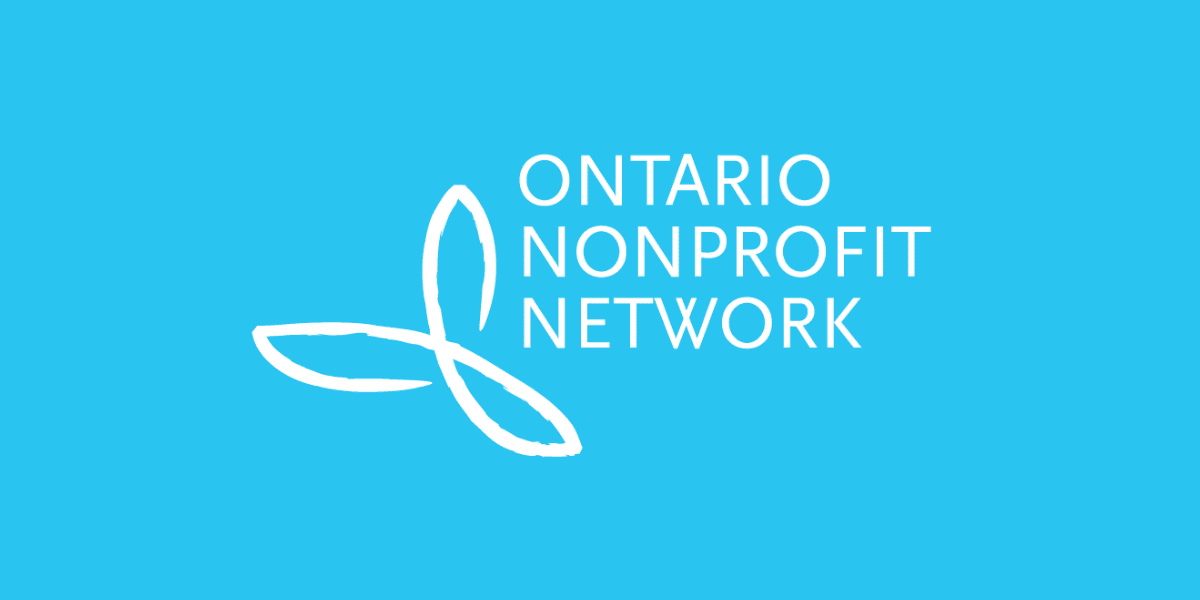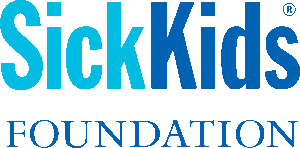
Blog
Purchasing: The 3 C’s of healthy supplier relationships
Maintaining healthy relationships is the lifeblood of a successful nonprofit organization. Ongoing interactions with clients, donors, funders, internal staff, and the general public are at the core of what makes these organizations tick. But there is another category of relationships that is sometimes ignored, yet can contribute significantly to the success of a nonprofit: relationships with external suppliers of goods and services.
Not all supplier relationships are of equal importance of course. The provider of a vital donor management system or an event management firm tasked with organizing key conferences can, and should, receive more attention than one-off suppliers or infrequent suppliers. One needs to prioritize relationships and foster those that are of strategic importance to your nonprofit. It’s not a matter of ignoring other relationships, but in a world of limited resources, nonprofits need to focus their efforts.
Regardless of the level of importance that you assign to a particular supplier relationship, there are universal traits that distinguish healthy supplier relationships (and the good suppliers behind those relationships) from the rest of the field.
When assessing your roster of suppliers, consider the 3 C’s of healthy supplier relationships – Commitment, Communication, and Cooperation – and whether your current suppliers live up to these standards.
Commitment
The best suppliers demonstrate an ongoing commitment to the needs of your organization. Going beyond the basic requirement of ensuring that you receive the right things, at the right place and time, and at the right price, they offer a level of customer service that makes it clear they will do everything possible to “make things right”. They are knowledgeable about and interested in your operations and your overall mandate, and they are responsive to your requests – even if they don’t have an immediate resolution, they let you know that they’ve received your query and are working on it.
Communication
A healthy supplier relationship is also punctuated with open two-way communication. There are no surprises and you are kept aware of developments in products, pricing, service delivery, order status, etc. Account managers ensure that your questions are answered succinctly and in a timely fashion and the best ones possess another great skill – they are able to accurately assess how best (and how frequently) to communicate with you. Are weekly telephone conversations appropriate, or do formal quarterly reviews work best, or both? The little things are important as well. Making sure that you are aware when they are unavailable and that you have access to appropriate backup and escalation protocol can be critical when unexpected issues arise.
Cooperation
Finally, those suppliers that understand and embrace the need for mutual cooperation will serve your organization most effectively. Collaborating with your supplier on mutual initiatives ensures they are aware of your requirements and, likewise, you are aware of what they have to offer. This understanding will lead to better solutions being provided and can represent new business opportunities for the supplier. Knowledgeable supplier representatives with your best interests in mind will advocate on your behalf within their organizations in order to provide you with solutions that address your needs in the best way possible and maximize your value for money.
Again, not all supplier relationships are created equal, but in times of stretched internal resources, a well-managed mix of Commitment, Communication and Cooperation can result in your suppliers playing a key role in helping your organization more efficiently operate and be able to focus on your mission.
About the authors
Duane Donnelly and David Rourke are the principals of Round Table Procurement Services (RTPS), a services organization that specializes in supporting non-profit organizations in their efforts to better manage their purchasing activities and improve the impact of every dollar spent. They offer a unique combination of proven tools, approaches and skills that help instill robust best practices within an organization and optimize their costs. Their collaborative approach allows organizations to implement pragmatic and effective purchasing and supplier management solutions that are sustainable over time.
Get free expert advice through out partner RTPS. Find out more.






